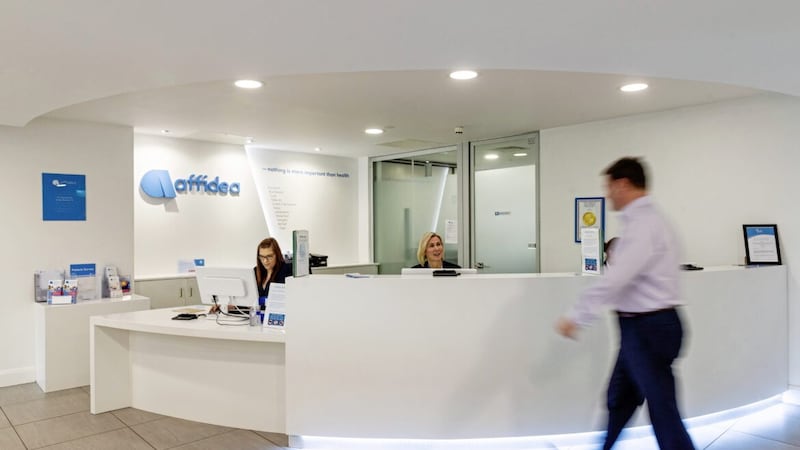EasyJet has relaunched its package holiday business as it looks to increase customer numbers following the collapse of major competitor Thomas Cook.
It made the announcement as it reported diving profits despite record passenger numbers in the year to September, as it was impacted by "some weakness in consumer confidence".
The budget airline reported a 26 per cent drop in pre-tax profits to £427 million for the 12 months to September 30.
Meanwhile, revenues jumped by 8.3 per cent to £6.4 billion on the back of increased capacity.
However, total revenue per seat decreased by 1.8 per cent to £60.81 through the period, as the company blamed weaker confidence due to "uncertainty" surrounding Brexit.
It said revenue per seat was better in the second half of the year, due to its initiatives as well as the positive impact of strikes at rivals British Airways and Ryanair.
Headline costs per seat increased by 1.5 per cent to £56.74 as higher fuel costs and adverse foreign exchange rates put pressure on profitability.
EasyJet said it hopes to make progress in 2020 through the launch of EasyJet Holidays before Christmas, which it says will offer beach and city holidays through EasyJet's network.
It said it expects the new platform to break even in the 2020 financial year.
Chief executive Johan Lundgren said: "EasyJet finished the 2019 financial year with a strong performance across the business and a record summer.
"I am really thrilled that with the launch before Christmas of our brand new EasyJet Holidays business, we are bringing flexibility and excellent value to the holiday market.
"We believe there is a gap in the market for a modern, relevant and flexible business for today's consumer."
The airline also announced plans to become the "first major airline to operate net-zero carbon flights" as it pushes forward with a sustainability programme which will see it offset the carbon emissions from the fuel of all of its flights.
It said it will invest in forestry, renewables and community-based projects to offset its carbon impact.
The firm highlighted that it is "only an interim measure" while new technologies are being developed, including efforts to develop hybrid and electric planes.







